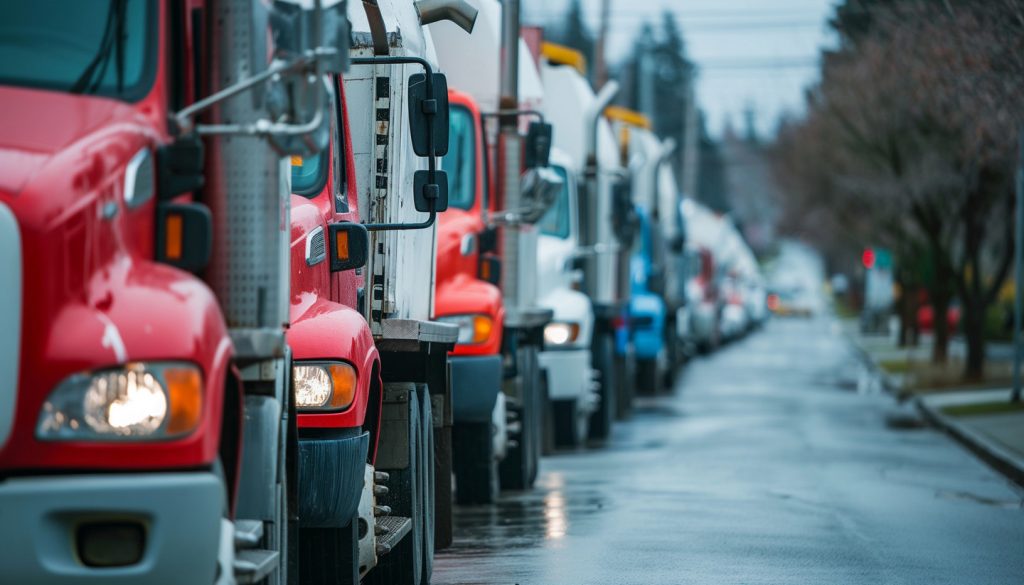In mid-May, the Department of Justice and the Drug Enforcement Administration issued a notice of proposed rulemaking aimed at reclassifying marijuana from a Schedule I to a Schedule III controlled substance. In everyday language, the regulations regarding marijuana use will be “loosened” to some extent.
Fortunately for all drug users, during last week’s House hearing before the Committee on Transportation and Infrastructure, Transportation Secretary Pete Buttigieg stated with absolute clarity that “marijuana is still prohibited for truck drivers, even after reclassification.”
“Any driving under the influence of intoxicants—whether it’s alcohol, marijuana, or any other substance—poses an obvious serious safety hazard,” Buttigieg said. “Our understanding of the reclassification of marijuana from Schedule I to Schedule III is that it will not affect the Department of Transportation’s current marijuana testing requirements.”
Schedule I drugs are substances or chemicals that have no accepted medical use and have a high potential for abuse. Schedule III includes substances with a moderate to low potential for physical and psychological dependence.
As of today, marijuana, as a Schedule I drug, is in the same category as heroin, LSD, and ecstasy. If it were moved to Schedule III, it would be classified alongside substances – drugs with low levels of codeine and testosterone.
Marijuana and alcohol remain the most commonly detected intoxicants in impaired driving crashes that resulted in serious or fatal injuries.
During nearly two decades, from 2000 to 2018, the number of deaths from this cause more than doubled, from 9% to 21.5%.
Recreational marijuana is legal in almost half the country (24 states allow legal use), but it is still prohibited for commercial vehicle drivers regardless of the state they live in, are based in, or are driving through.
Every CDL driver in the United States can be drug tested at any time. There are several different types of tests that can be performed, including urine, blood, and saliva tests. Drivers may also be subjected to sobriety tests if a law enforcement officer has reason to believe they are under the influence of alcohol or drugs.
CDL drivers may be drug tested pre-employment, randomly during employment, and at any time while on duty.
One of the best labs in the Chicago area where anyone can get a drug test is TransLab, located in Elgin. Translab (www.translab.co) offers comprehensive drug and alcohol testing services for CDL drivers, while helping clients avoid DOT and Clearinghouse compliance issues, ensuring smooth operation of trucking companies. Translab professionals provide:
A full range of drug and alcohol testing services for CDL drivers
Assistance in understanding and complying with US DOT and Clearinghouse regulations
Professional knowledge of the Clearinghouse system
24/7 access to results and test scheduling, ability to reschedule
State-of-the-art equipment and testing facilities ensuring accurate and reliable results
Convenient testing options including on-site testing
Flexible scheduling to accommodate tight deadlines for trucking companies
Efficient testing and reporting processes to save time and reduce administrative burden
Proactive monitoring and reporting to prevent drug and alcohol violations before they occur
STRESS-FREE MEDICAL CARD TESTS!!!
TransLab is a trusted partner of all trucking companies with a long history of success and a host of satisfied customers.
Wishing you wide and safe roads from ALL ABOUT TRUCKS & TransLab!!! We put Truckers first!!!
